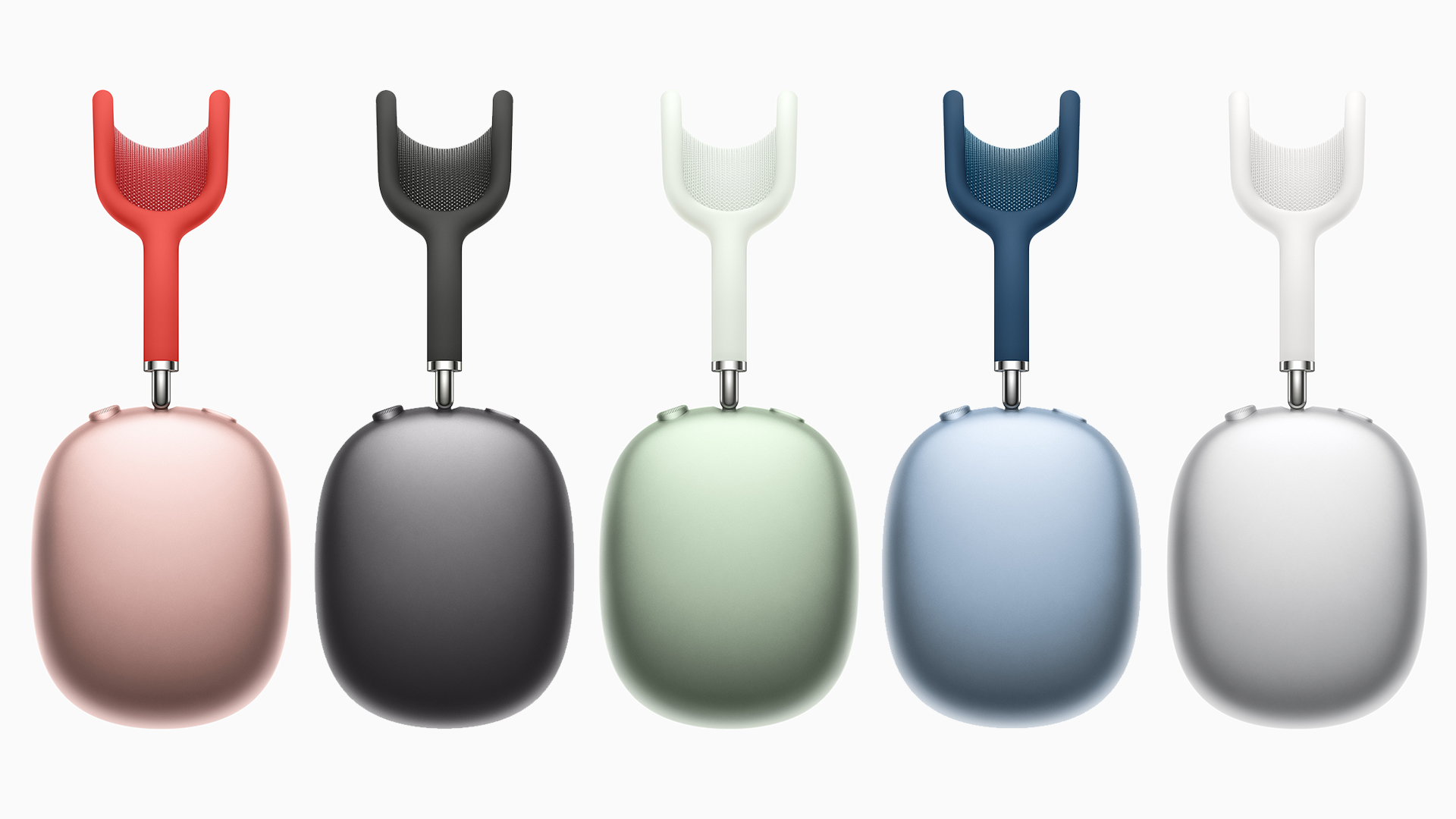

There’s been a lot of criticism over the price of Apple’s new AirPods Max. There’s no doubt that $549 / £550 / AU$899 is a lot of money for a pair of headphones. But the AirPods Max are a lot of headphone for the money.
Update: And now our AirPods Max review confirms it.
As the world of cheap and nasty AirPods imitations proves, pretty much anybody can combine a Bluetooth module, a battery and a driver in a bit of plastic and call it a headphone. But very few companies can do what Apple’s done here, and the reason they don’t do it is because doing it is very expensive.
- Google Pixel 5 Pro breaks cover and the Samsung Galaxy S21 should be worried
- Apple AirPods Max three-month wait time is insane but you can cut the queue for free
- Apple Watch Series 7: Tim Cook teases "mind-blowing" new features
Eradicating the enemy of audio
Let’s talk about distortion. Not the fun stuff of punk rock and heavy metal guitars; the unwanted stuff that messes with music. Distortion is when the audio signal is changed by the hardware, and eradicating it is the holy grail of hi-fi. The biggest names in audiophile hardware invest millions in optimising the entire signal chain in an effort to get rid of distortion completely, because their goal is to deliver the purest audio signal possible.
That isn’t cheap. Sennheiser’s HD 820 headphones, which claim to be the most transparent (meaning: not changing how the music sounds) headphones in the world, deliver a distortion level as low as 0.001%. They also cost £1,800 / $2,399. And that’s cheap compared to the systems you’d actually plug them into.
Apple’s AirPods Max aren’t that transparent: Apple says their distortion figure is 1%. That’s pretty good for hi-fi headphones, although some rivals are better – so for example B&W’s wonderful P7 headphones have total harmonic distortion of just 0.3%. They’re cheaper, too: $349 / £299.
But distortion isn’t the whole story here.
Sign up to the T3 newsletter for smarter living straight to your inbox
Get all the latest news, reviews, deals and buying guides on gorgeous tech, home and active products from the T3 experts
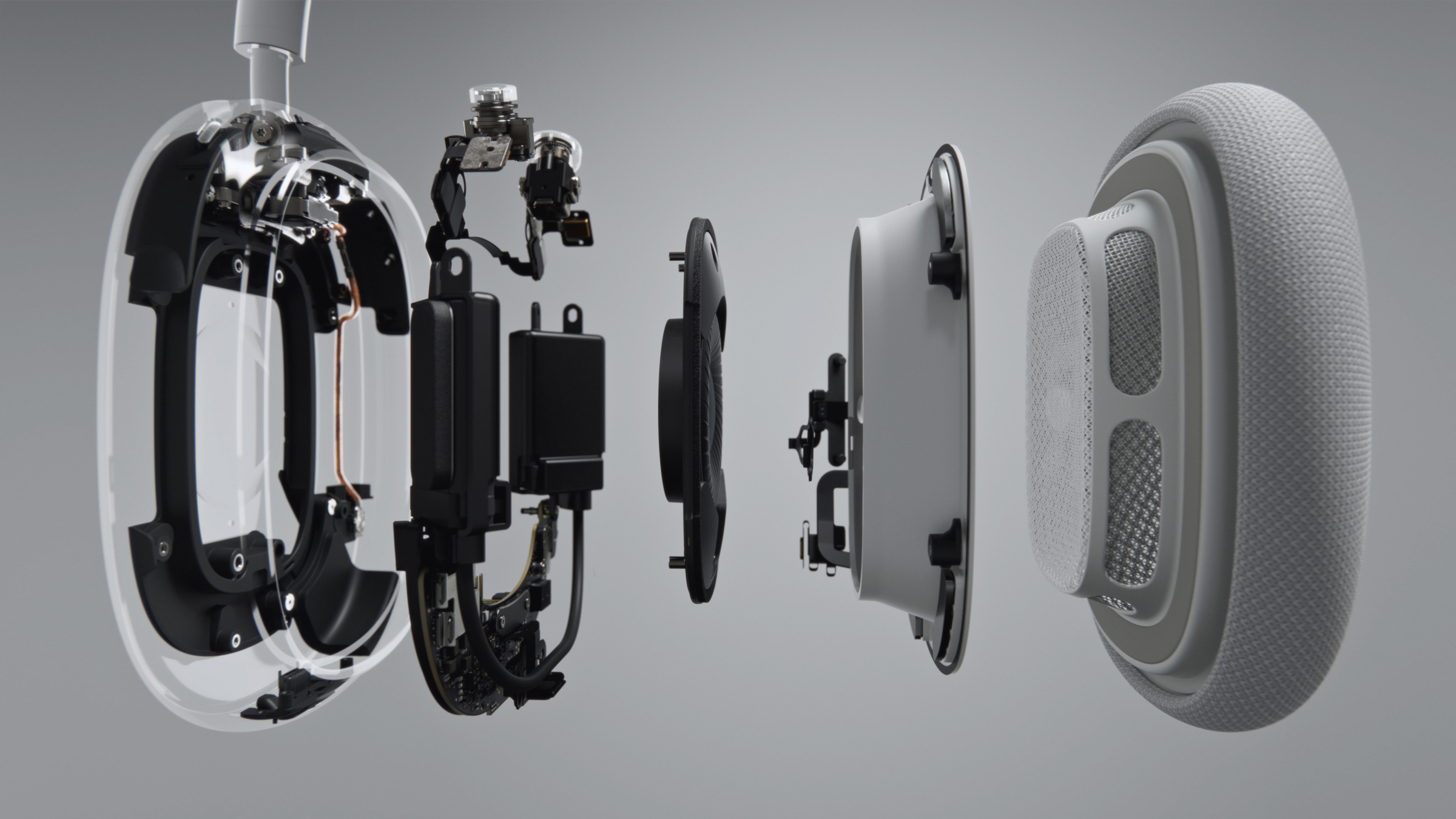
The sound of silence (and science)
There’s no point in striving for the purest possible audio signal if you’re letting the outside world interfere with it. Apple’s Active Noise Cancelling is part of that, and we know how well it works in the AirPods Pro; here it’s using six external mics and two inward ones. And the AirPods Max have been designed in such a way that the ear pads are part of the noise reduction too. They’re shaped to give a good seal on any size of ear and use acoustic foam to keep the outside world quiet.
Last, but definitely not least, there’s the tech that Apple has put in here. The AirPods Max have Apple’s H1 chip, with 10 cores devoted to audio processing, and sensors for positional audio. What Apple calls Computational Audio is the power behind the noise cancelling and it also adjusts the sound profile according to the fit of the headphones. And the H1 chip also delivers one of the most pleasant setup and control systems you can get from a set of wireless anythings, provided you're an iPhone/iPad owner.
These are not just expensive earmuffs
There’s no doubt that the AirPods Max are expensive overall. We’re sure Apple is making its usual healthy margin here. But Apple makes big margins on almost everything.
AirPods haven’t grown to be a multi-billion dollar business because Apple is pulling the wool over people’s eyes – or in this case, ears. They’re exceptionally good products, and with the AirPods Max, Apple wants to show you that it can deliver exceptionally good sound too. These are the audio equivalent of the M1 MacBook Pro: a complete package that right now only Apple can offer.
You may well find that rival wireless headphones sound just as good or to you, or that you just don’t want to spend that much on headphones. I know, I don't – and I'm a musician. When I'm out and about I’m quite delighted with my Cambridge Audio Melomanias, which cost me less than even entry-level AirPods and sound great.
But that doesn’t mean the AirPods Max aren’t worth the money or that the people who buy them are fools. They’re no different to the people who buy the iPhone 12 Pro Max instead of the standard iPhone. It offers something they’re willing to pay more for – it's something not everyone wants that badly.
Writer, musician and broadcaster Carrie Marshall has been covering technology since 1998 and is particularly interested in how tech can help us live our best lives. Her CV is a who’s who of magazines, newspapers, websites and radio programmes ranging from T3, Techradar and MacFormat to the BBC, Sunday Post and People’s Friend. Carrie has written more than a dozen books, ghost-wrote two more and co-wrote seven more books and a Radio 2 documentary series; her memoir, Carrie Kills A Man, was shortlisted for the British Book Awards. When she’s not scribbling, Carrie is the singer in Glaswegian rock band Unquiet Mind (unquietmindmusic).
-
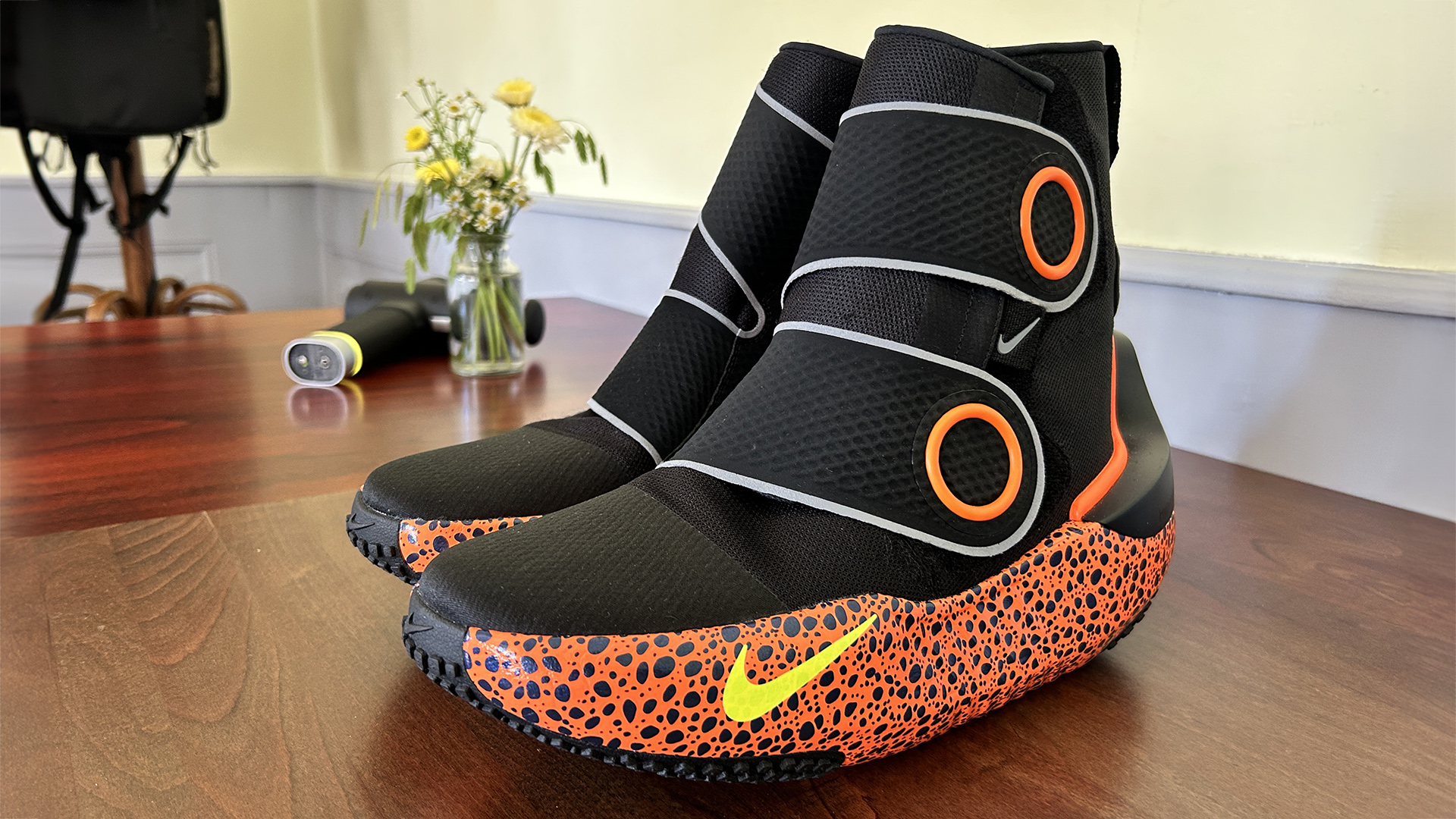 Nike's wild recovery boots, which are like little spas for your feet, can finally be bought by anyone, not just athletes
Nike's wild recovery boots, which are like little spas for your feet, can finally be bought by anyone, not just athletesThe Nike x Hyperice Hyperboot is part footwear, part massage chair, and all kinds of wonderful
By Matt Kollat
-
 Jake Dearden’s Hyrox training regime and 4000-calorie diet
Jake Dearden’s Hyrox training regime and 4000-calorie dietFind out how the Hyrox champ trains weekly and fuels his sessions
By Bryony Firth-Bernard
-
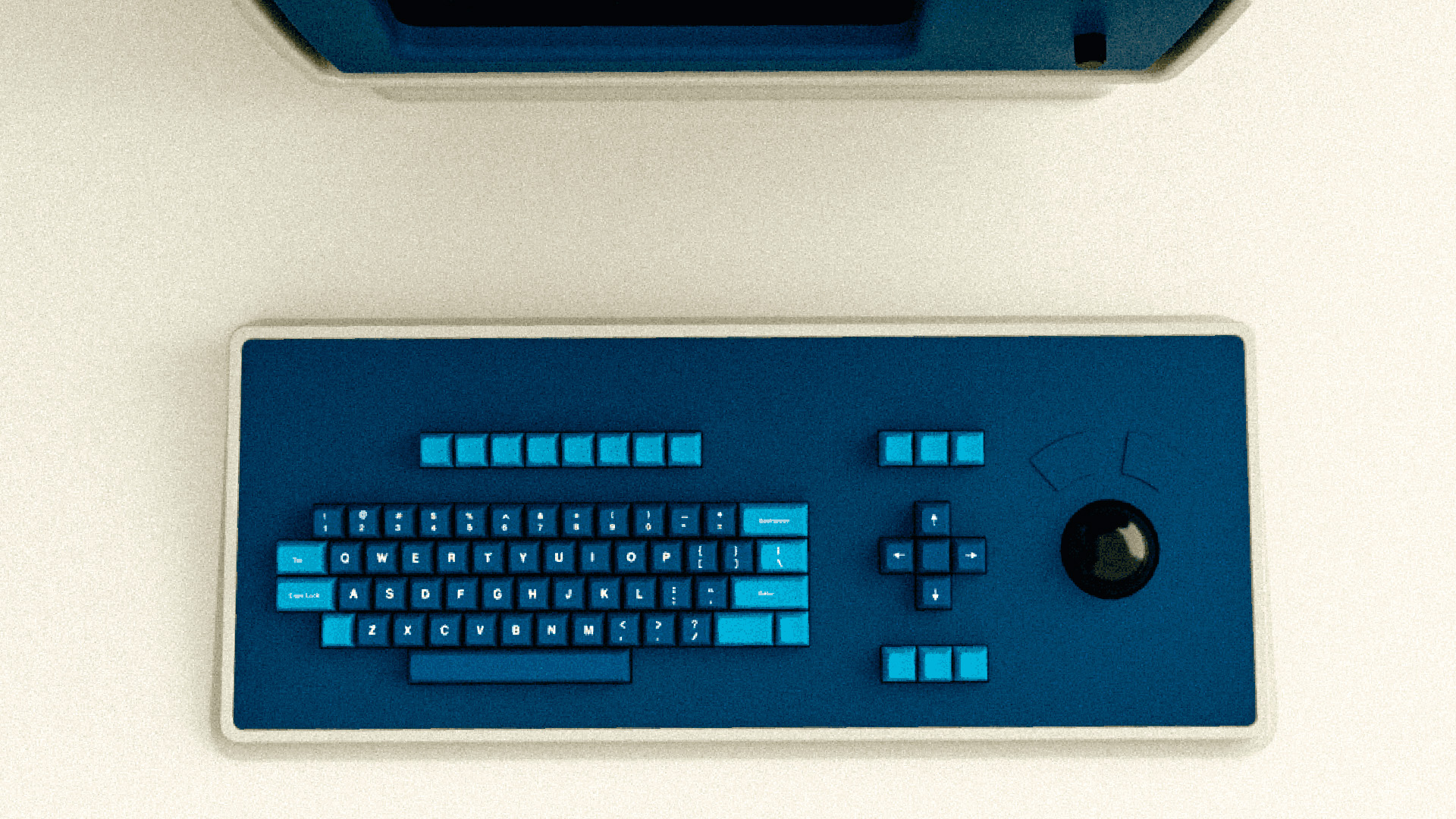 Apple's Severance computer may have been a joke, but the keyboard is coming for real
Apple's Severance computer may have been a joke, but the keyboard is coming for realTell us where we can sign up!
By Britta O'Boyle
-
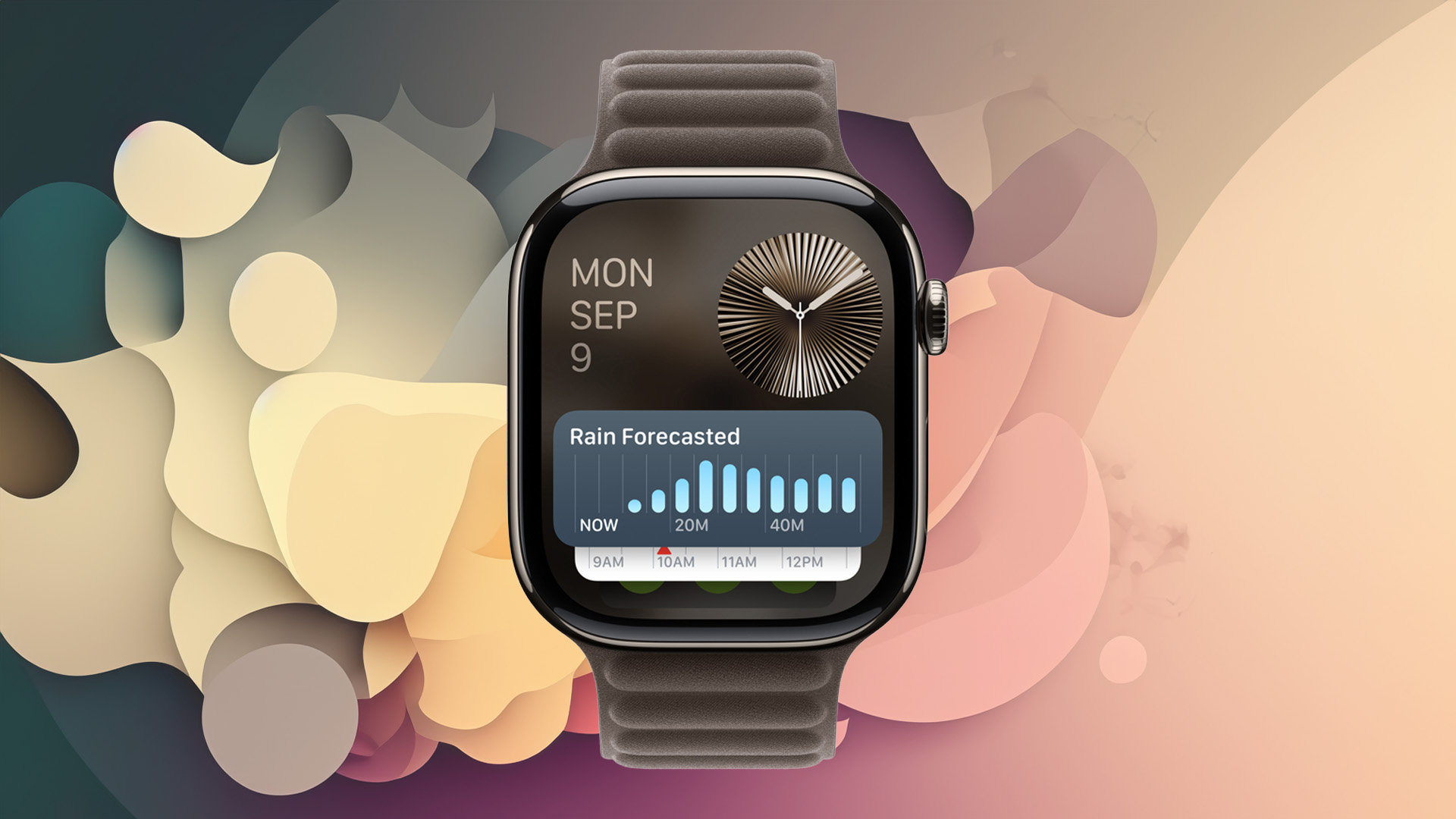 Apple Watch is set to get Apple Intelligence this year, but only with a little help from a friend
Apple Watch is set to get Apple Intelligence this year, but only with a little help from a friendBring on watchOS 12
By Britta O'Boyle
-
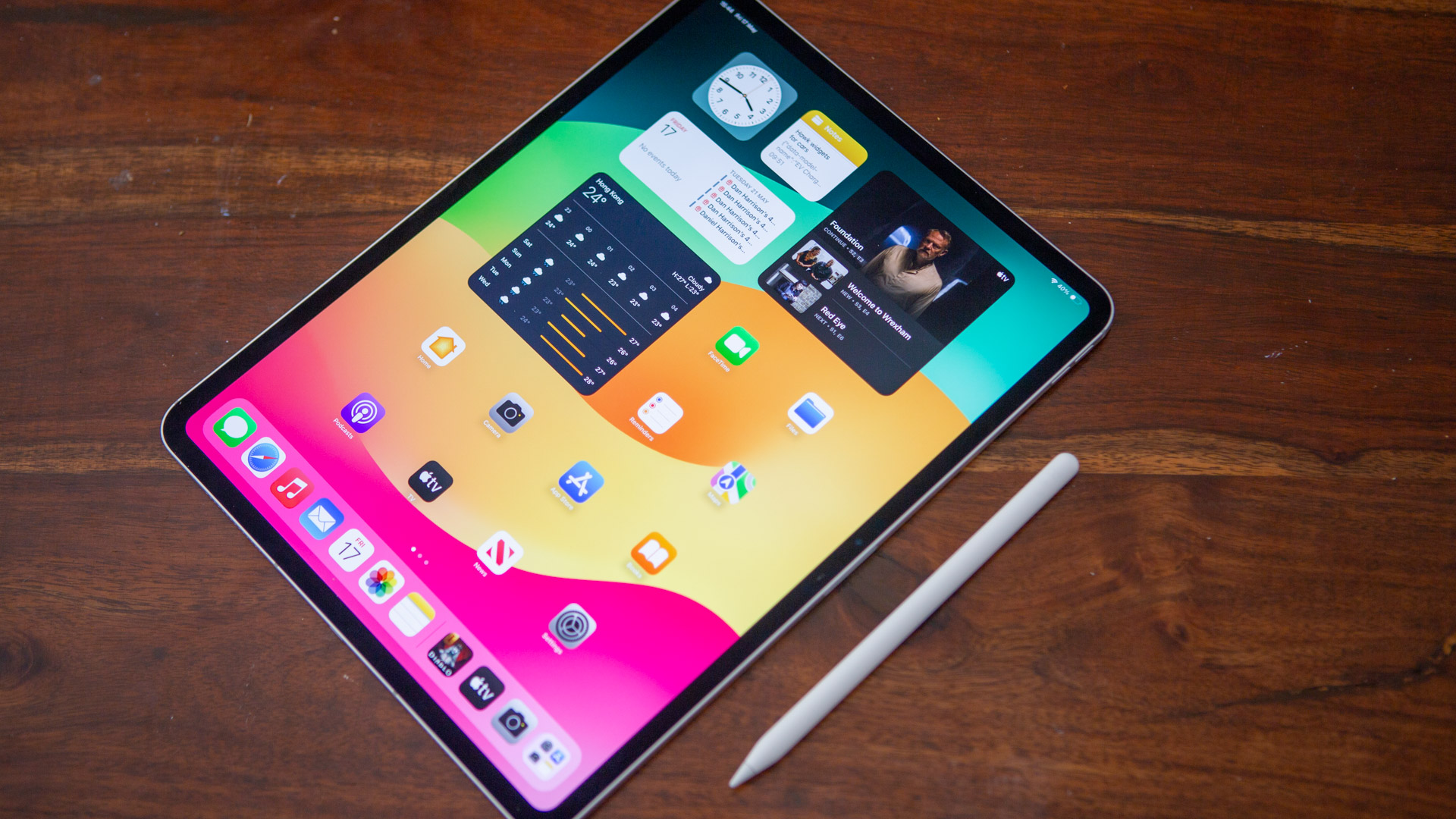 iPad reportedly getting major makeover and your current model could benefit too
iPad reportedly getting major makeover and your current model could benefit tooApple is said to be making a change that iPad power users have been wanting for years
By Carrie Marshall
-
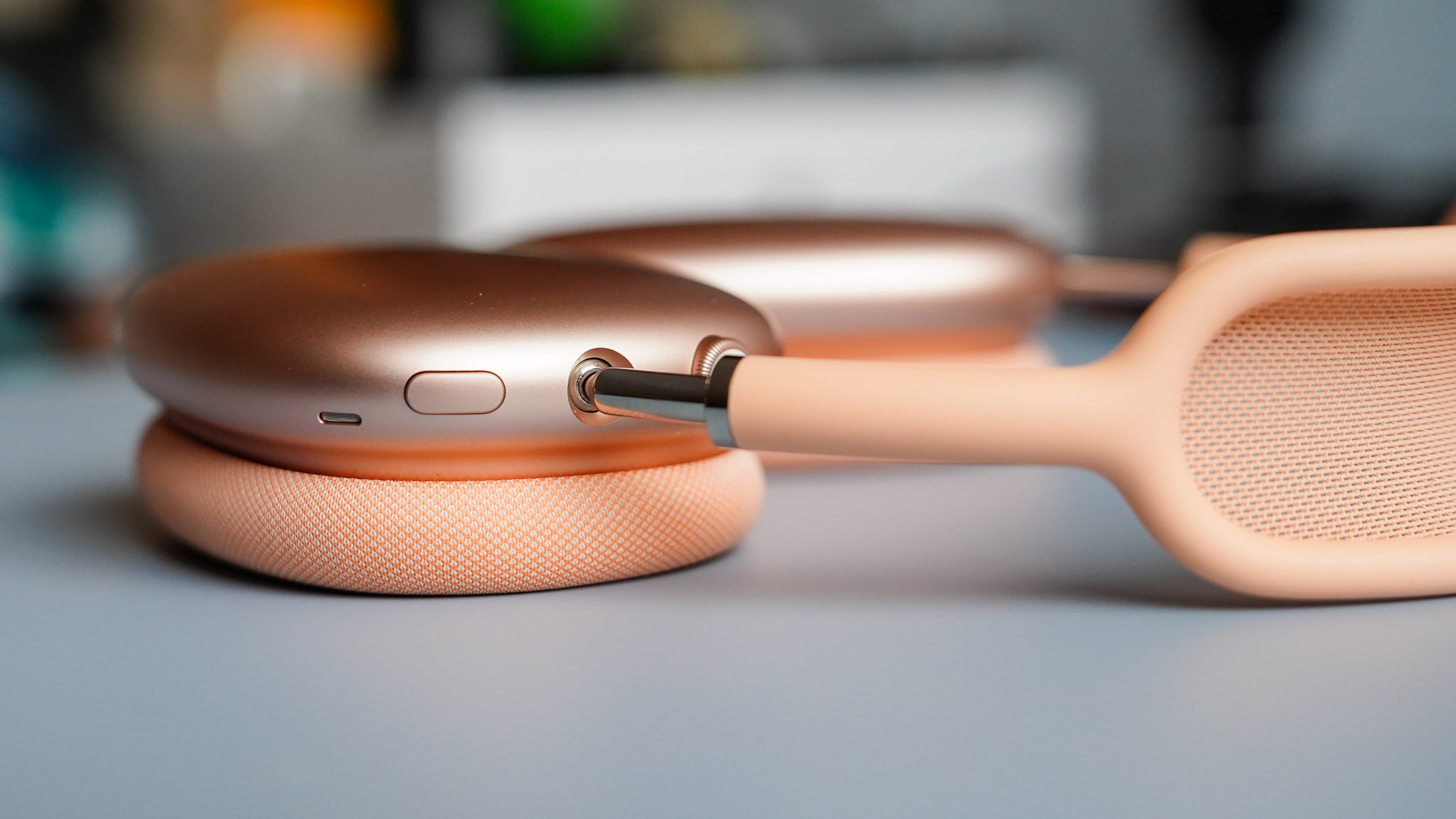 AirPods Max finally get the great free upgrade Apple promised
AirPods Max finally get the great free upgrade Apple promisedHere's how to make sure your headphones are running the right firmware
By Britta O'Boyle
-
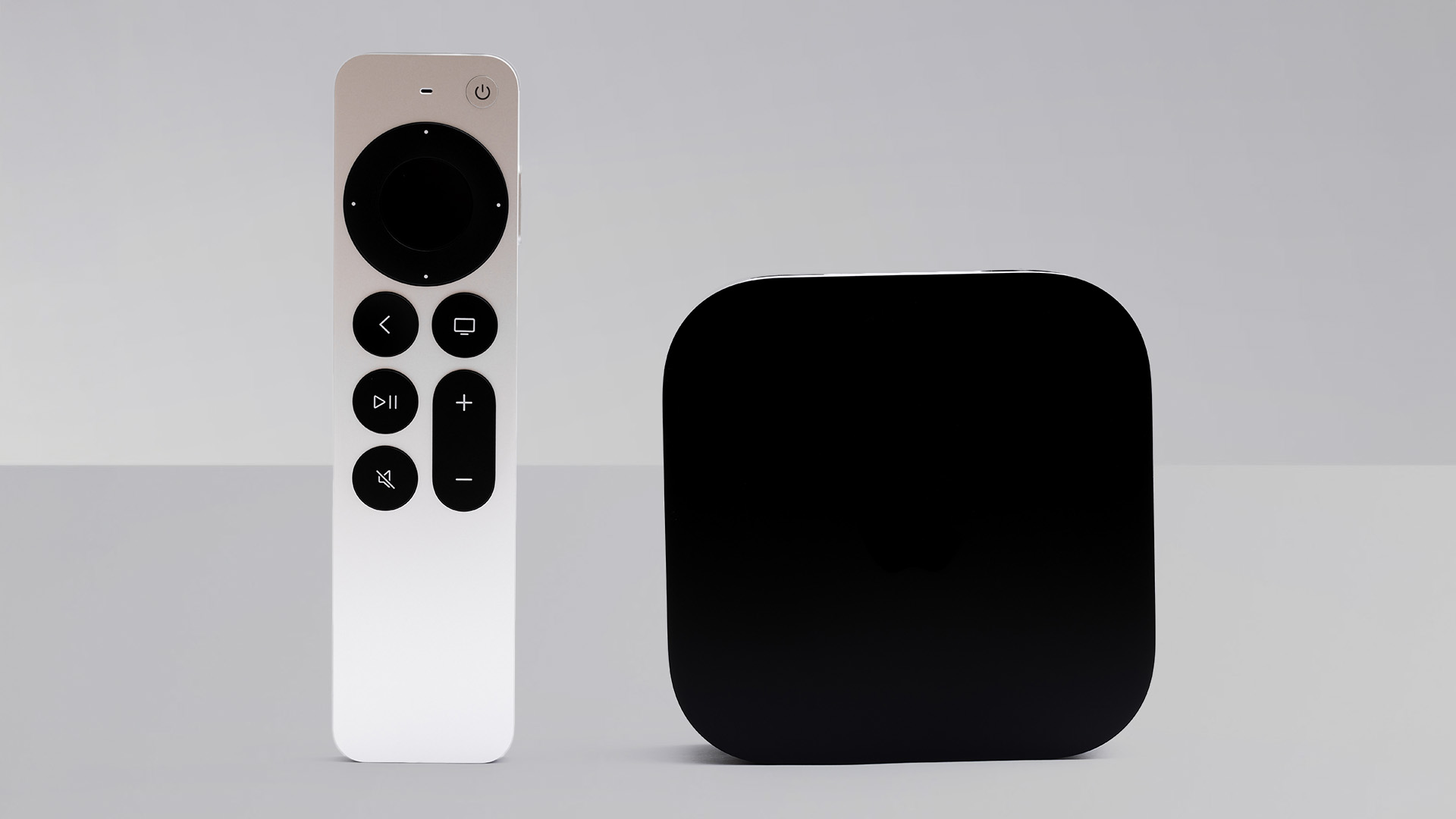 Apple TV gets a free update that makes it more simple to use
Apple TV gets a free update that makes it more simple to useApple has released tvOS 18.4 with a few design tweaks for its TV boxes
By Rik Henderson
-
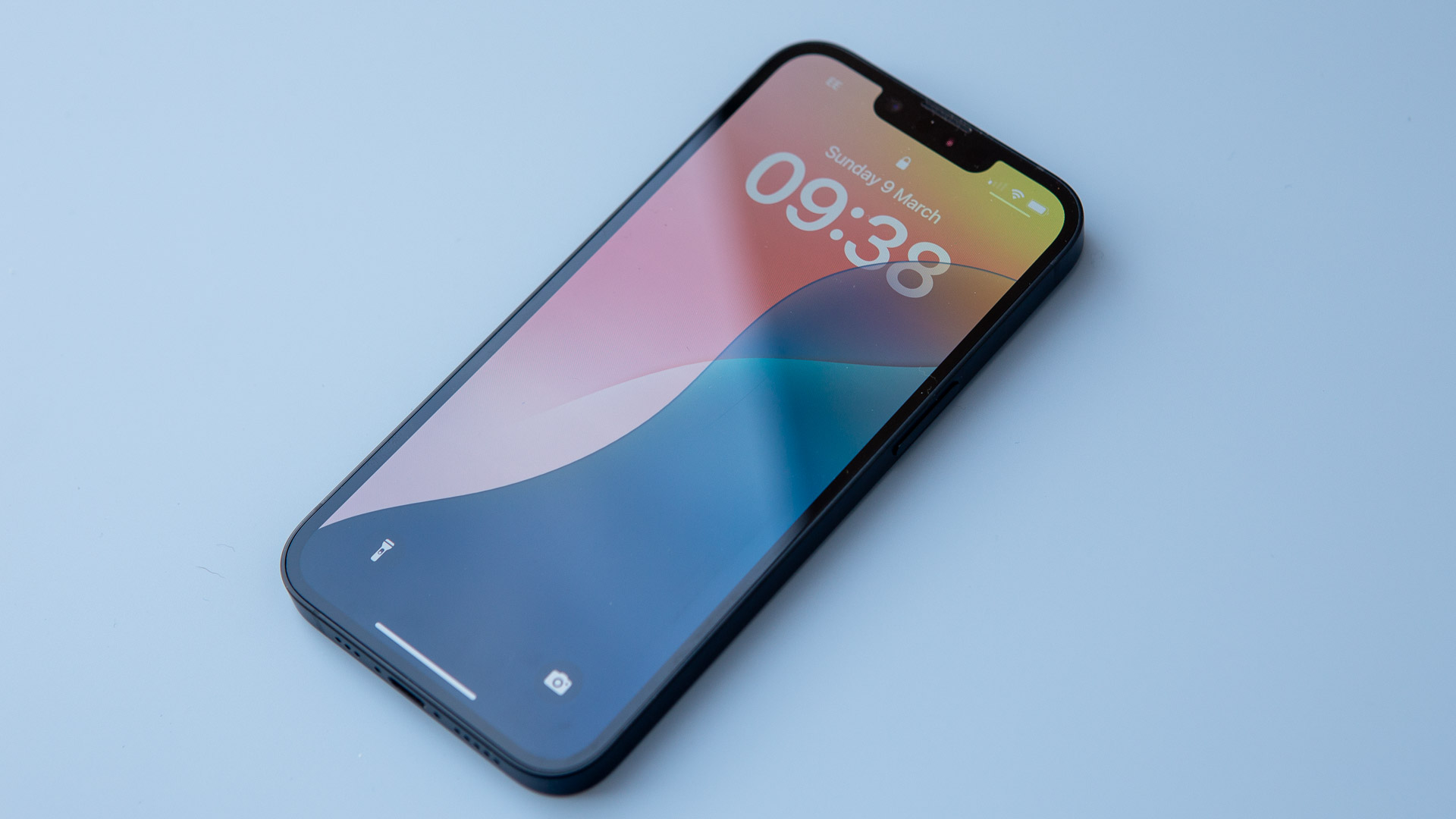 Your iPhone gets some new tricks - here’s what it can do now
Your iPhone gets some new tricks - here’s what it can do nowThe new emojis and priority notifications are probably our favourite
By Britta O'Boyle
-
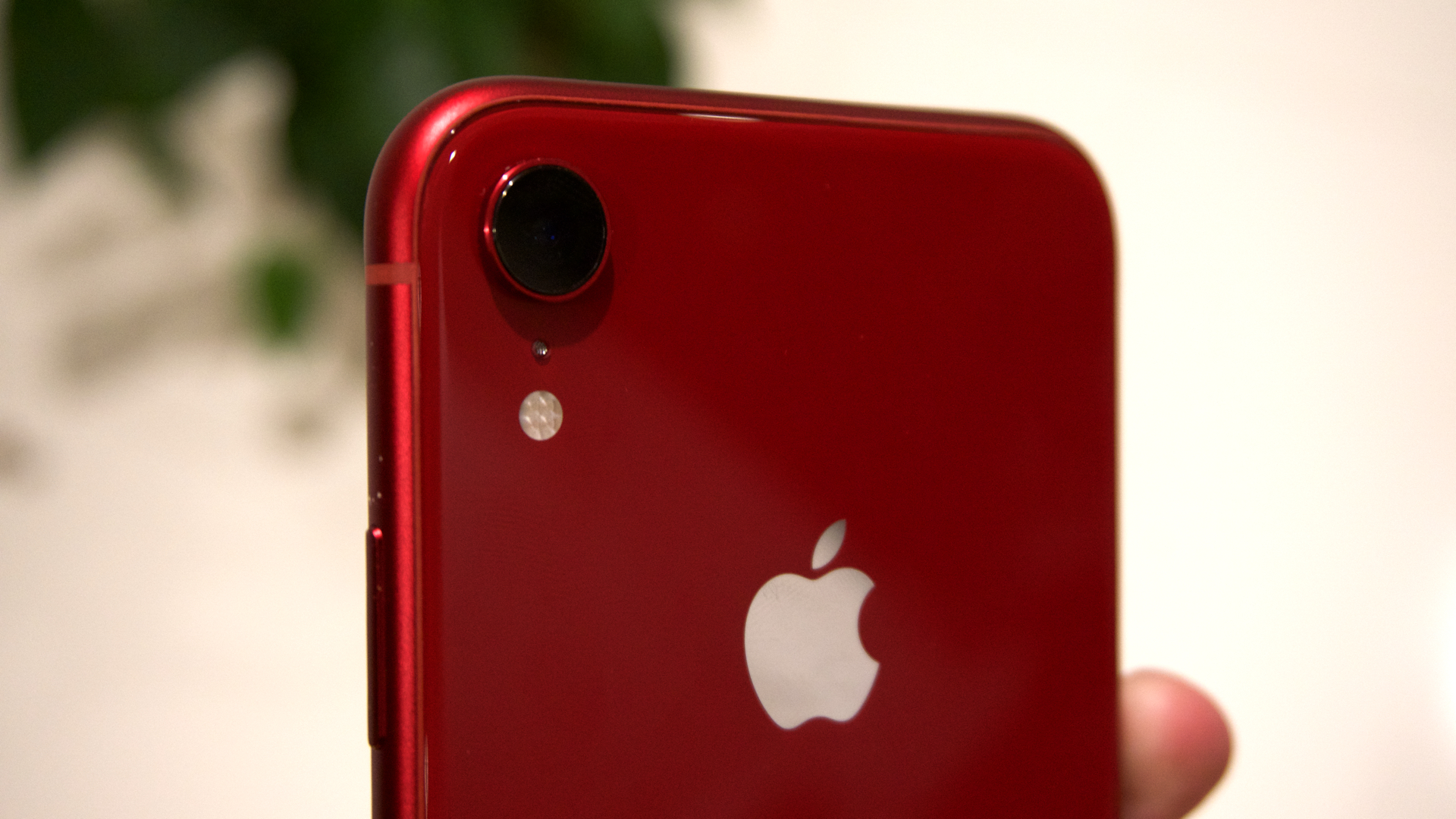 Older iPhones at risk of being left behind when iOS 19 arrives – is your device one of them?
Older iPhones at risk of being left behind when iOS 19 arrives – is your device one of them?Apple will reportedly drop three iPhone models when it comes to the iOS 19 update
By Carrie Marshall
-
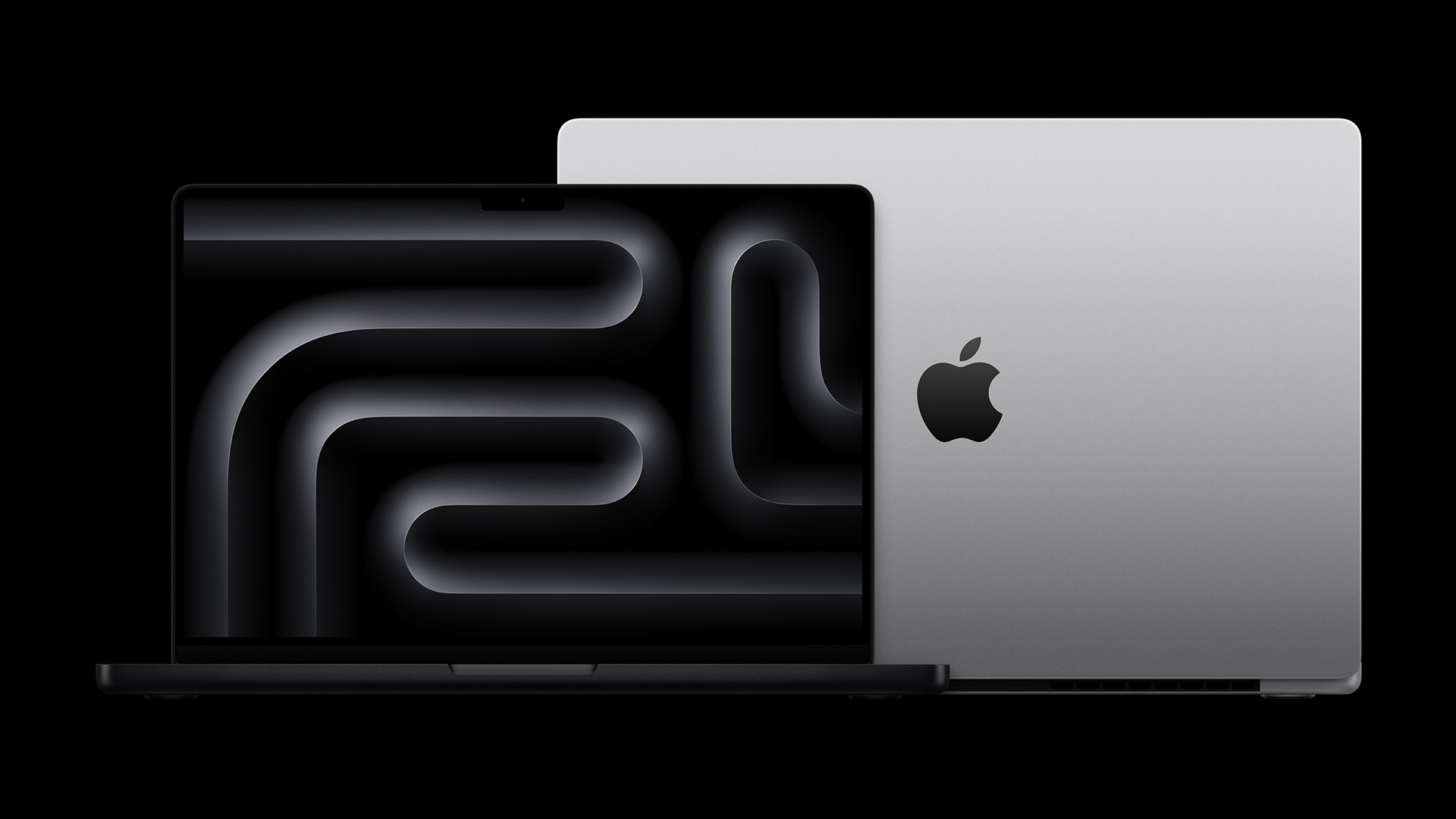 Your next MacBook Pro could be a game-changer for three good reasons
Your next MacBook Pro could be a game-changer for three good reasonsApple will reportedly upgrade next year's MacBook Pro in three major ways
By Rik Henderson